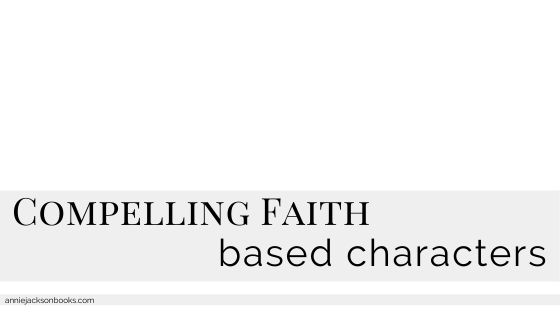This is from an old interview (like Jan. 2008 or so) with Phil Cooke in infuze magazine that is no longer posted online in it’s entirety. Still, I thought he made an interesting point…
Now on another note, it seems like some of the best, most well-developed, faith-based characters we see in the entertainment industry are written or created by atheists and agnostics, people like Joe Straczynski and Aaron Sorkin and Joss Whedon. Do you have any thoughts on why that may be?
Erwin McManus, pastor of Mosaic, made a brilliant statement at the Biola Media Conference last year. He said that when he watched The Lion King on Broadway, and when Mufasa, the lion king died, he was more moved than when Aslan died in The Chronicles of Narnia. He said, it’s as if the writers of the Narnia film knew we would understand what that lion represented. They knew we’d buy into that so they didn’t have to really make us understand the implications, or move us emotionally, because we knew who it was. But in The Lion King, nobody knew who that lion represented. Nobody knew what it meant. So they had to write a compelling scene, so that when Mufasa died, you were moved to tears. And part of it is Christians who write characters thinking, okay, the audience will know who that guy is, and are going to be moved. We’re going to know he’s a Christian and we’ll be moved emotionally, so we cheat. We don’t do as good a job professionally writing that character, directing him, or creating that character’s world. In fact, so many Christian films have a character who’s specifically “The Christian Guy.” That’s his job, to be the Christian guy in that movie. You can pretty much pick it out.
But these other guys, [Joss] and J.J. (Abrams) and these other guys who are creating faith-driven characters in secular material, they’re putting their heart and soul into this thing. They’re creating a real live, compelling character. So there are no shortcuts, there are no buy-ins, he’s not assuming the audience is going to get it, so he makes us get it, and makes us feel that character. It’s not a terribly articulate answer, but I think that’s the heart of why secular writers sometimes write more compelling Christian characters than Christians do.
